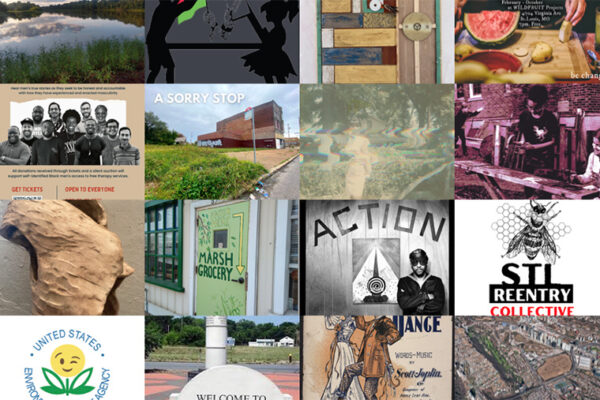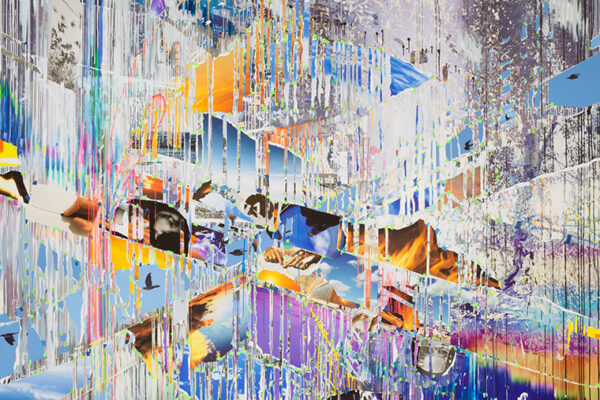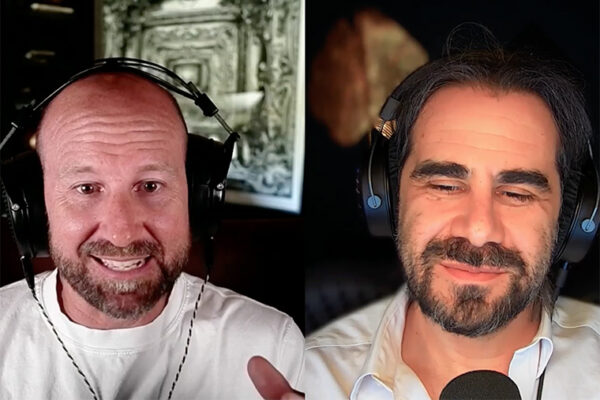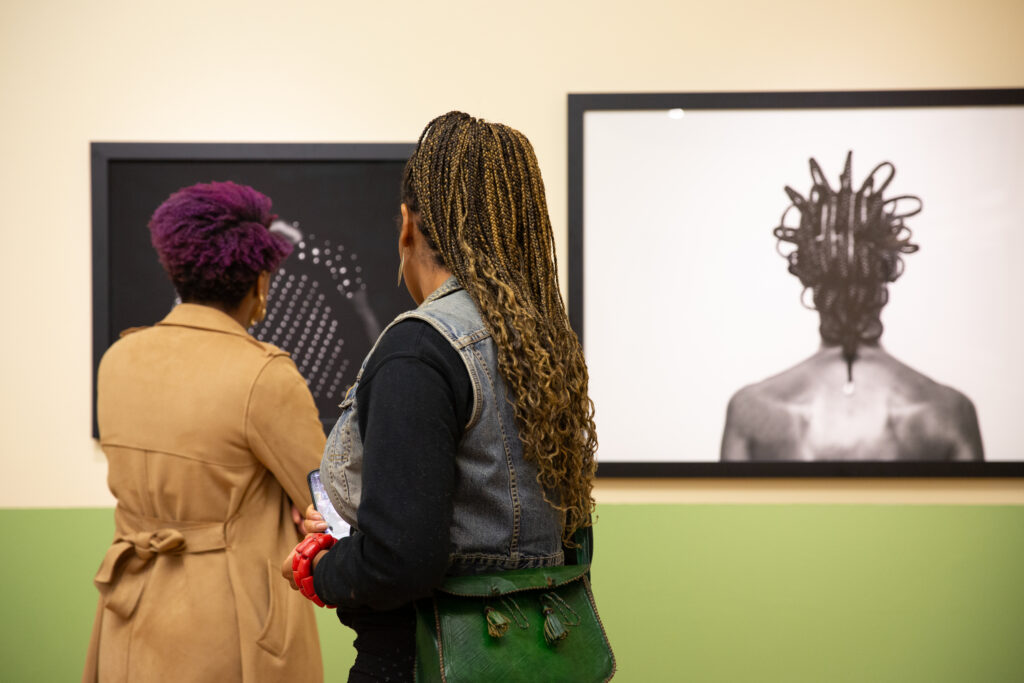
The urban humanities, which sits at the intersection of the humanities, urban planning and design, is a rapidly evolving field. Its leading academic association, the Urban Humanities Network (UHN), was founded in 2022 and held its inaugural conference the following year.
And yet the seeds of the UHN were planted in 2012, when the Mellon Foundation launched its “Architecture, Urbanism and the Humanities” initiative. And since 2014, Washington University in St. Louis, with Mellon support, has sponsored dozens of interdisciplinary grants, classes and research projects through its “Divided City” and “Engaged City” initiatives.
From Oct. 16-18, WashU will host Global (Un)Conference 2, this year’s signature UHN event. Visiting St. Louis will be representatives from fellow UHN Consortium members, including Princeton, the Universityof California, Los Angeles, Harvard, Vanderbilt, the University of Arizona and the University of Pennsylvania. Scores of attendees representing more than 50 colleges and universities will gather for talks and discussions at sites throughout the region.
“We believe there is no better place to study the urban humanities than in St. Louis,” said Laura Perry, assistant director for research and public engagement at the Center for the Humanities in Arts & Sciences and one of four principal investigators for “The Engaged City.”
“We are excited to share our city’s culture and communities through site visits, communal meals and vibrant conversations,” Perry added. “Instead of a traditional conference format, we are foregrounding experiential and hands-on workshops that will help us collectively take the pulses of our cities and speak across our different disciplines.”
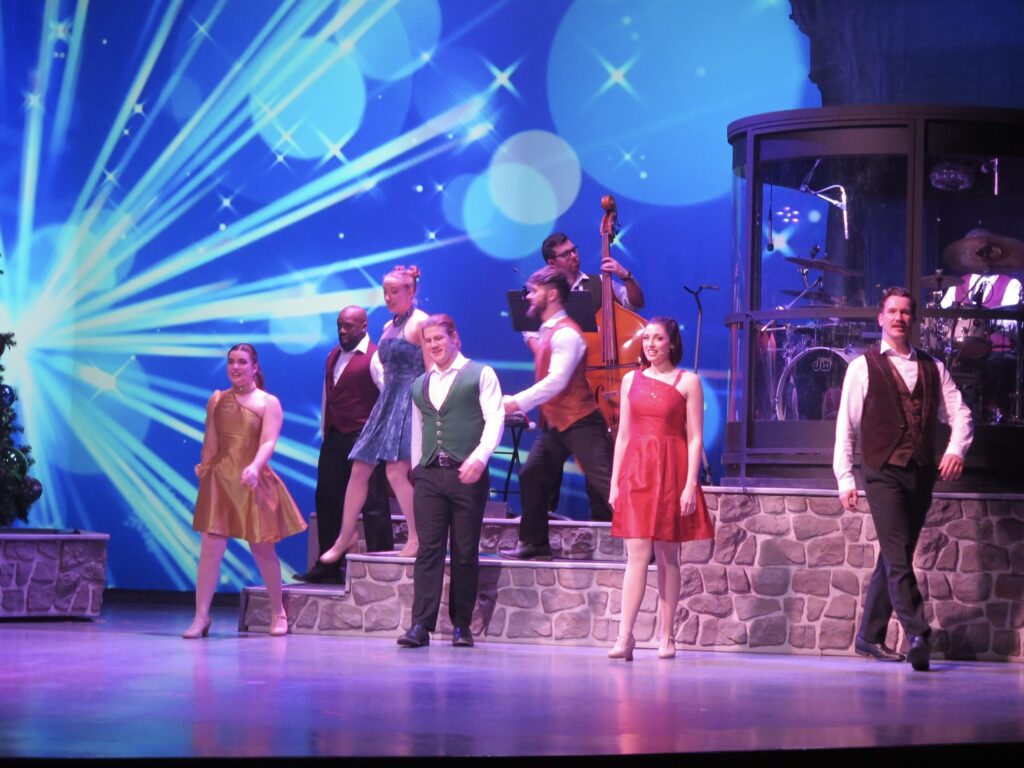
Other “Engaged City” principal investigators are Matthew Bernstine, director of the Office for Socially Engaged Practice at WashU’s Sam Fox School of Design & Visual Arts; Bruce Lindsey, the E. Desmond Lee Professor for Community Collaboration in the Sam Fox School; and Tila Neguse, senior associate director of WashU’s Center for the Study of Race, Ethnicity & Equity.
The group notes that hosting the Global (Un)Conference is both timely and a strong thematic fit with WashU’s “In St. Louis, For St. Louis” initiative. Events will include academic panels and workshops as well as three key public-facing events:
Lightning talks
4-6 p.m. Thursday, Oct. 16
.Zack Theatre, 3224 Locust St.
Conference participants will offer quick glimpses of urban humanities projects. These range from an overview of the artistic spaces of New York’s SoHo in the 1960s and ’70s to methods of preserving cultural heritage sites to an analysis of Branson, Mo.’s audacious live entertainment.
Poster session
4-6 p.m. Friday, Oct. 17
Steinberg Hall Gallery, WashU
Dozens of posters will detail recent urban humanities scholarship. Projects include a visual exploration of rural gentrification in boom towns across the American West; a study of why and how landfills become public parks in New York, Toronto and Tel Aviv, Israel; and an immersive panorama of Shenyang, China, as it existed a century ago.
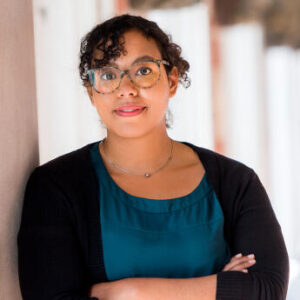
Keynote address: Adrienne Brown
4:30-6 p.m. Saturday, Oct. 18
Hillman Hall, WashU
An authority on 20th-century American and African American cultural production, Brown is an associate professor at the University of Chicago and director of Arts + Public Life, which fosters neighborhood vibrancy on Chicago’s South Side. She is co-editor, with Valerie Smith, of “Race and Real Estate” (2015) and author of “The Black Skyscraper: Architecture and the Perception of Race” (2018) and “The Residential is Racial: A Perceptual History of Mass Homeownership” (2024).
All three events are free and open to the public, but registration is required. For more information, visit urbhum.net. For more information about “The Engaged City,” visit theengagedcity.com.
